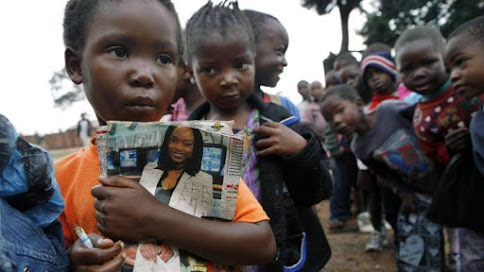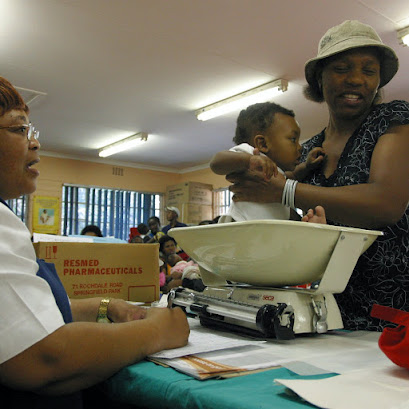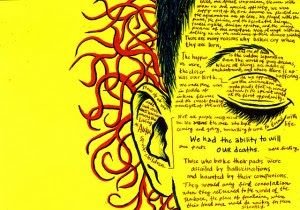What is Poverty? by Jo Goodwin Parker (Summary, Analysis, Key Points, Question Answers)- Grade 11
Main Points
· Poverty is getting up every morning from a dirt- and illness-stained mattress. (lacking things)
- Poverty is being tired. (tired of doing works, taking care of children when you are struggling with some diseases)
- Poverty is dirt. (about housekeeping with no money, washing dishes in cold water without soap, luxury is just a dream)
- Poverty is staying up all night on cold nights to watch the fire knowing one spark on the newspaper covering the walls means your sleeping child dies in flames.
- Poverty means insects in your food, in your nose, in your eyes, and crawling over you when you sleep.
- Poverty is asking for help. (asking for a loan from a relative is really a challenging and tough job, which makes your face red
- Poverty is remembering. (quitting school, being married, divorce without a goodbye
- Poverty is looking into a black future. (children without friends, behind the bars, might fall into drug addiction, not getting good medical treatment, lacking educational opportunities)
- Poverty is an acid that drips on pride until all pride is worn away. (poor dream to earn money, buy basic needs)
About the essay
Jo Goodwin Parker’s essay 'What is Poverty?' is about Parker who has personally experienced rural poverty. She explains her story from childhood to adulthood. Her struggles are overwhelming. Using examples drawn from personal experience, she explains the meaning of poverty in this essay. Her use of connotative language creates many harsh images of her experiences in a life of poverty illustrating the difficulties and challenges her impoverished family experiences. The essay is a personal account, addressed directly to the reader, about living in poverty.
In the essay, Parker offers detailed accounts, experiences
and scenarios in Poverty Stories and factual experiences provide insight to
readers that explicate the reality of any situation.
Parker shows that poverty is uglier than it is exhibited in
the newspaper. Poverty is really harsh to face in daily lives, sustaining with
a very limited means. Another sad reality the writer shows in the essay is that
for the poor there is no season of rest and relaxation. They always have to be
up and about, facing life with all its struggles and hardships. In winters and
summers both, they have one or the other kind of worry. “Poverty is hoping it
never rains”, “poverty is cooking without food and cleaning without soap”,
“poverty means insects in your food..” all in all Goodwin shows the readers so
many faces of poverty that the reader is left empathizing with her, and
comparing their own life to hers, which is the true essence of this work. Not
many works have this kind of ability to make a person think, wonder, and evoke
the kind of emotions that this essay has been able to do.
Because of poverty, she divorces her husband as she did not want that her children should live the worst life that she had already lived. She did not have enough income to admit them to a nursery school. She made 20 dollars a week and a nursery school cost 20 dollars a week for three children. Therefore she quitted her job.
· Miserable condition of her children once she left them with grandmother
· No proper breakfast- breakfast without eggs and oleo
· Not enough income to buy diapers and Vaseline
· Children with always running noses
· No proper health care to the children
· No proper educational materials to send children to school (copy, pen, crayons)
She visits different offices, tells the story of poverty, and finally finds that this is the wrong office. When she goes to another office, she has to repeat the whole story from the beginning to get a loan.
d. Why are people’s opinions and prejudices her greatest obstacles?
She is hit badly by poverty. Her dreams are shattered up. She has to divorce her husband. But, when she seeks help, people treat he badly, which makes her feel losing her pride.






Comments
Post a Comment